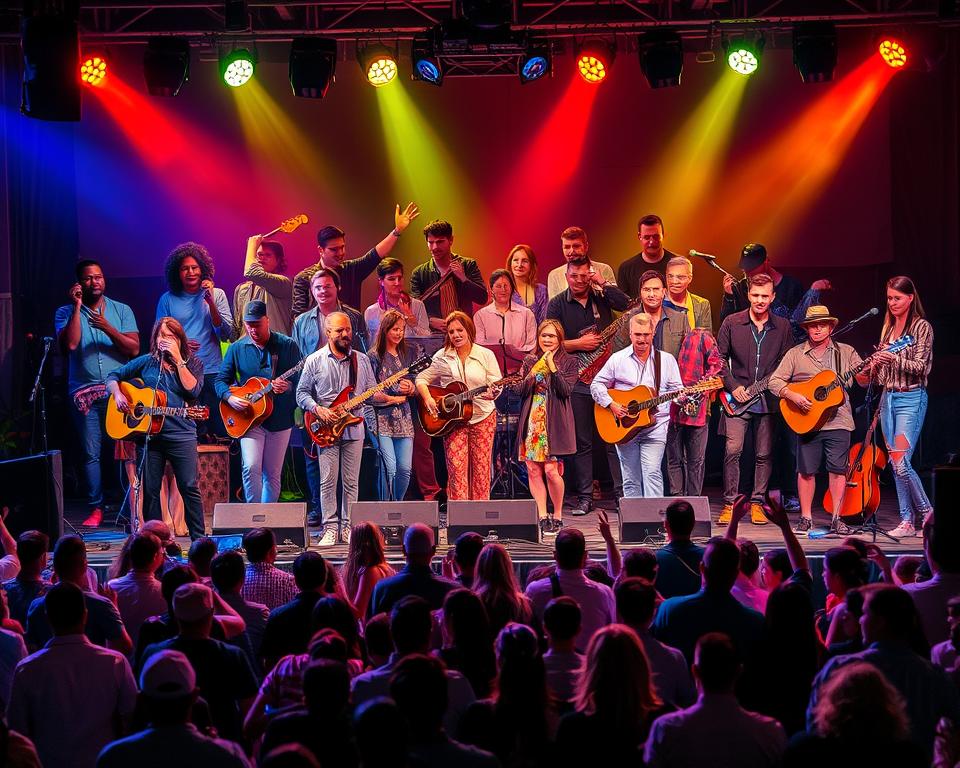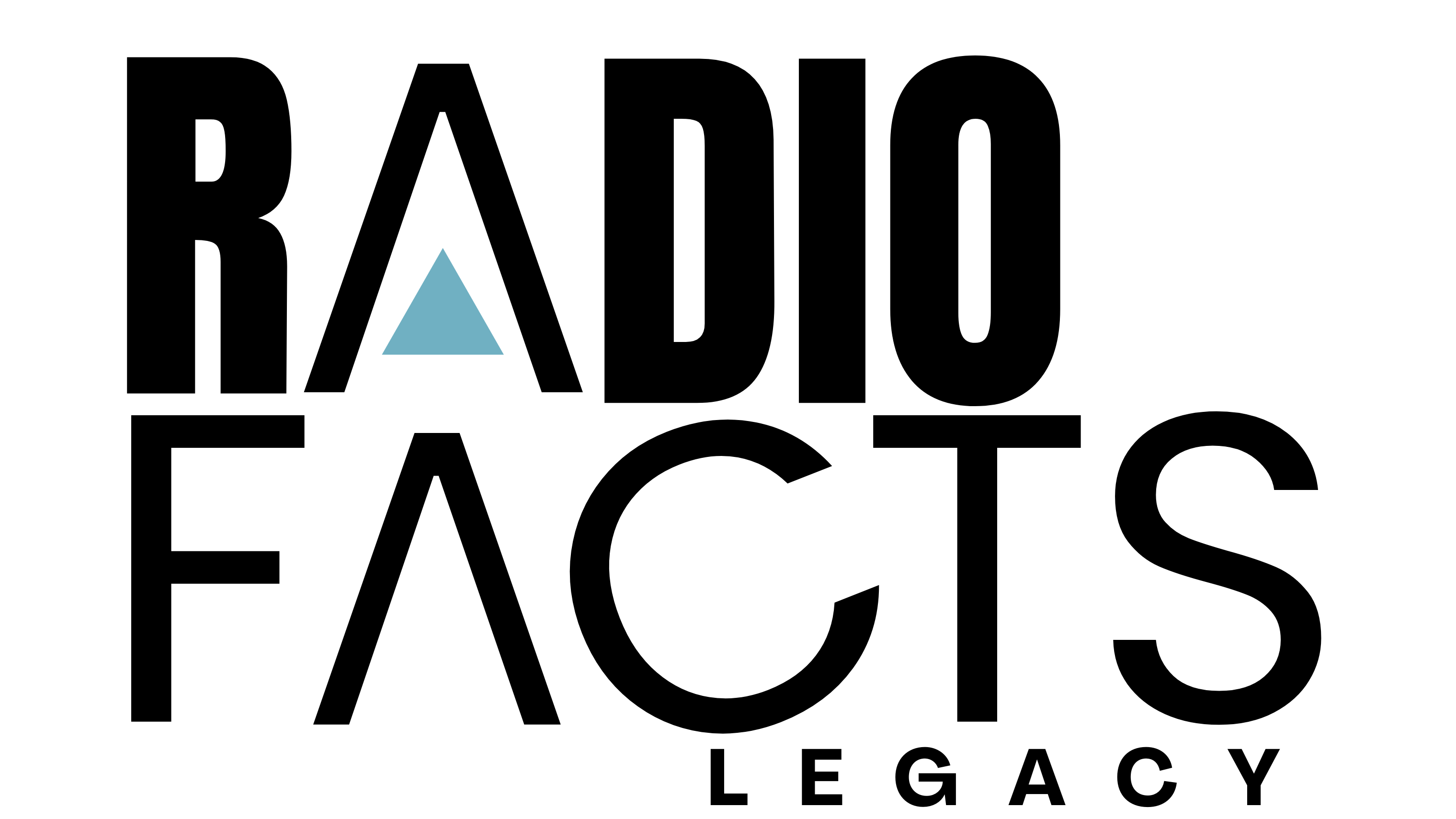A recent study shows most music competition contestants are white or Asian. This highlights a big gap in racial diversity. It shows how vital representation in music is for diversity, inclusivity, and fairness.
Representation in music means having different voices, views, and experiences. Terms like diversity and inclusivity help us understand music better. They show the rich tapestry of the world through sound.
The music world has faced criticism for lacking diversity. Genres like classical, rock, and country often miss out on artists from underrepresented groups. Representation in music shapes our view of the world. It fosters empathy, acceptance, and inclusivity.
As we look into music, we see how crucial representation is. It affects the music made and the chances artists have. Representation’s impact is wide, touching every corner of the industry.
Representation in music is key to breaking down barriers and challenging norms. It can lead to positive change. By diving into representation in music, we learn about the industry’s depth and how to make it more inclusive.
We’ll explore what representation means in music. We’ll look at synonyms like diversity, inclusivity, and equity. These terms help us see a more vibrant and dynamic music world.
The Significance of Representation in Music
Representation in music is very important. It shows the diversity of our society and gives a voice to those who are often overlooked. There are many types of representation, like racial, ethnic, gender, and LGBTQ+.
For example, events like Afropunk and the Latin Alternative Music Conference highlight artists of color and Latinx artists. These events show how representation can lead to more visibility and success.
It’s key to understand the history of diversity in music. This helps us see where we are now and what challenges remain. Despite progress, underrepresented artists still face barriers, especially in leadership roles.
But, social media has changed the game. Platforms like TikTok and Instagram let underrepresented artists reach fans directly. This has helped artists like Bad Bunny, Lizzo, and BTS gain huge success.
The role of representation in music is huge. It shapes our cultural narrative and how we see the world. By 2023, many music fans value diversity and representation in their favorite artists.
This shift shows the music industry must focus more on diversity. It’s crucial for underrepresented artists to have a chance to succeed.
Understanding Cultural Impact
Cultural impact is a big deal in music representation. It shows the values and experiences of different communities. For example, Afrobeats has become popular worldwide, showing the influence of African music.
K-pop has also made a big splash, introducing Korean culture to fans everywhere. This success shows how representation can promote international music.
Current Landscape of Music Representation
The music industry has made progress in representation, but there’s more to do. Artists from underrepresented groups are now getting more recognition. This change shows the industry’s growing commitment to true inclusion.
Visual and digital representation are key. Music videos and album covers shape the industry’s story. 
Examples of Underrepresented Artists
For a long time, the music world was mostly white and male. But now, we see more diversity. LGBTQ+ artists and those with disabilities are making their mark. Sia and Matt Savage are examples of neurodivergent artists who are changing the game.
Shifts in Industry Standards
The music industry needs to keep pushing for more diversity and inclusivity. This means giving a platform to underrepresented artists. By doing this, the industry can tell a more diverse story. This benefits both the artists and the fans.
The Role of Labels and Streaming Platforms
Labels and streaming platforms are key in shaping music. They help artists from different backgrounds get noticed. This is important for diversity in music.
Algorithms can also affect how music is seen. They might keep certain artists hidden. Abstract representation helps us understand how people listen to music.
Streaming sites like Spotify and Apple Music have millions of songs. They help artists reach fans and promote their music. Digital representation is crucial here.
Playlists made by users can help new artists earn money. Algorithms suggest songs that fit what you like. For example, Spotify’s Discover Weekly introduces new artists to fans.
Artists on Spotify make less than a cent per stream. This shows a big problem in how artists are paid. A fair system is needed.
Introducing fair pay for artists could solve this. Labels and streaming platforms can make music more diverse and exciting.
Grassroots Movements and Advocacy
Grassroots movements are key in pushing for diversity in music. They stress the importance of representation in the music world. By backing groups that push for diversity, we can help make music more inclusive. We need to see more racial, ethnic, gender, and LGBTQ+ representation.
Groups like the Sphinx Organization and the Chineke! Foundation are leading the way. Getting involved in local minority groups is a good start. Donating to these organizations also helps a lot. Grassroots efforts are growing, thanks to social media and people wanting companies to show their values.
Grassroots efforts can quickly go viral, reaching people worldwide. It’s important to have a clear message and prepare different versions for different platforms. By supporting these groups, we can make music more diverse and inclusive.
Grassroots movements show how crucial community involvement is. Together, we can build a fairer music industry. Where everyone’s voice is heard and valued.
The Future of Representation in Music
The future of representation in music is full of hope. We’re seeing more women and people of color in the industry. This is changing how music is made and shared.
Artists like Kendrick Lamar and Beyoncé are leading the way. They use their music to celebrate diversity and inclusivity. Their work shows us what it means to truly represent everyone.
By focusing on stories that include everyone, music can become more fair and just. Grassroots efforts, advocacy groups, and big changes in the industry are all helping. The future of music looks bright, with a wide range of voices and experiences being heard.













